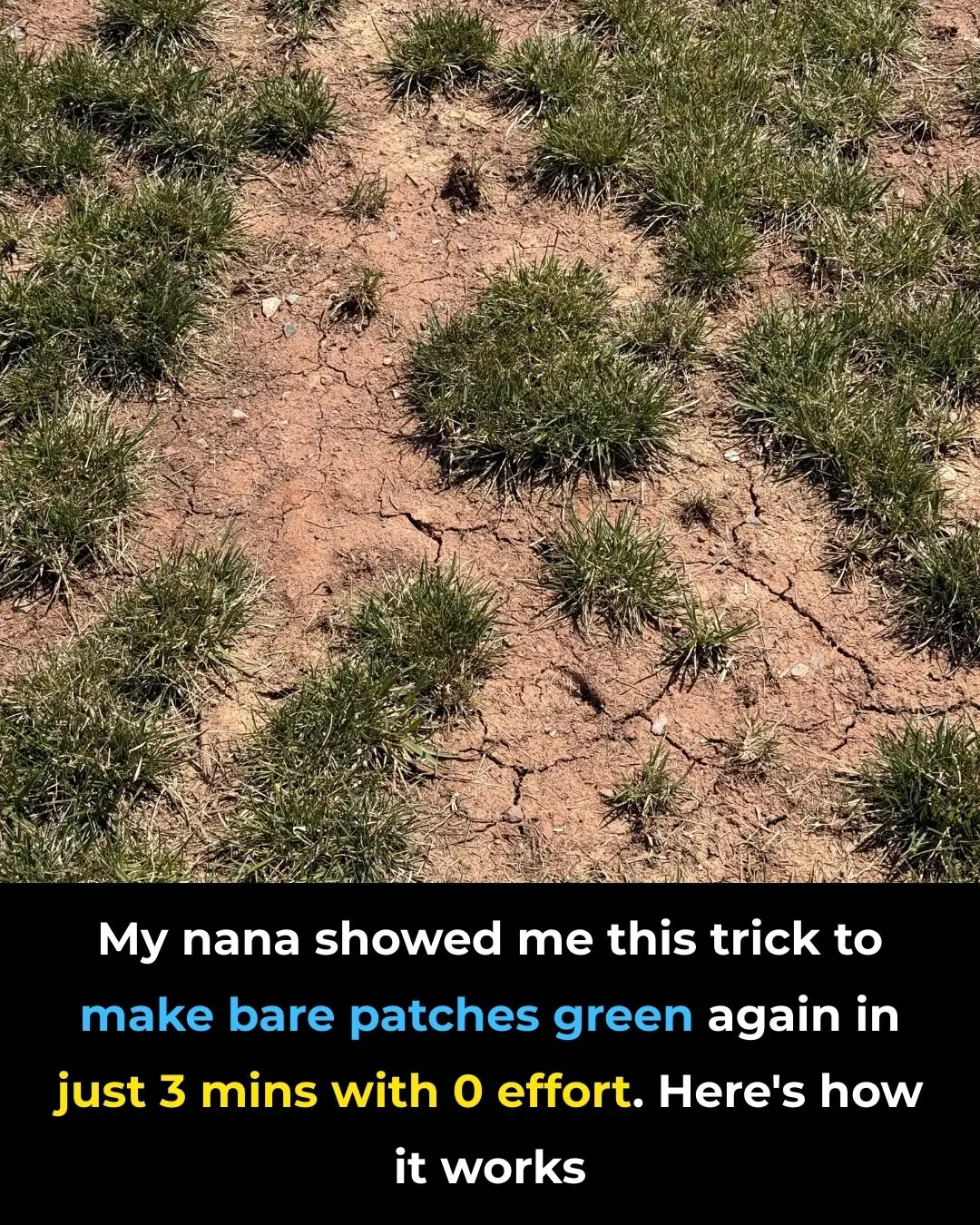
St. Louis Hires First Black Woman Physician Public Health Director In City’s Nearly 260 Year History
Dr. Mati Hlatshwayo Davis Makes History as St. Louis’ First Black Woman Public Health Director
She has been a trusted voice throughout the COVID-19 pandemic — and now, she’s making history.

The city of St. Louis, Missouri, has officially appointed Dr. Mati Hlatshwayo Davis as its first Black woman physician to serve as public health director in its nearly 260-year history, according to KSDK News. The appointment marks a historic and deeply symbolic milestone for both the city and the broader field of public health leadership in the United States.
From Zimbabwe to St. Louis: A Journey of Purpose
Born and raised in Zimbabwe, Dr. Hlatshwayo Davis immigrated to the United States to pursue her medical training — a journey fueled by her early exposure to the devastating impact of infectious diseases like HIV/AIDS on her home country.
“I came to the U.S. to complete my undergraduate education and attend medical school, always knowing I wanted to work in infectious diseases because I saw how HIV impacted my country,” she said (source: NPR).
After earning her medical degree, Dr. Hlatshwayo Davis joined Washington University School of Medicine in St. Louis, where she completed her infectious disease fellowship. There, she quickly became known for her expertise in epidemiology and community-based health education, working closely with underrepresented and vulnerable communities (source: The Washington Post).
A National Voice During the Pandemic
When the COVID-19 pandemic struck, Dr. Hlatshwayo Davis emerged as one of the most visible and respected medical experts in the region — and beyond. Her calm, data-driven insights were featured on major platforms including CNN, MSNBC, and BBC News, where she discussed both the science of the virus and the inequities that shaped its impact.
“From the earliest stages of the pandemic, Dr. Davis became an authoritative voice on how systemic inequities were worsening outcomes for marginalized populations,” Forbes reported. She emphasized that public health responses must include equity-centered policies — ensuring that Black and brown communities, often hardest hit by the pandemic, were not left behind.
Her advocacy for equitable vaccine access, mask mandates, and public transparency resonated with millions. She was widely praised for explaining complex medical information in ways that empowered ordinary people to protect themselves and their families (source: CNN Health).
Breaking Barriers in St. Louis
In 2021, St. Louis City leaders recognized her leadership by appointing her as Director of Health — making her the first Black woman physician to ever hold the title since the city’s founding 257 years ago.
Reflecting on her swearing-in ceremony, Dr. Hlatshwayo Davis spoke about the personal meaning of that moment:
“My young daughters, Aneni and Aniso, got to see their mother being sworn in as the first Black female physician director of health for the city — that is so powerful,” she said (source: KSDK News).
Leading With Compassion and Data
In her new role, Dr. Hlatshwayo Davis has pledged to continue guiding St. Louis through the ongoing challenges of the pandemic, with a focus on employee retention, equity in pay, and building trust within the public health workforce.
“Can we find innovative ways to make sure that staff know they’re valued while we work on more systemic issues to ensure fair pay and long-term sustainability?” she asked during her first press briefing as director (source: St. Louis Public Radio).
Her early initiatives include:
-
Expanding vaccination access across underserved neighborhoods.
-
Maintaining mask mandates based on real-time public health data.
-
Encouraging civic engagement through the STL City community health survey.
Dr. Davis also stressed that ongoing mask requirements are rooted in science, not politics:
“My job and my level of expertise is to critically review the data on an ongoing basis,” she explained. “If you have questions, I can tell you exactly why we still need that masking mandate — and until the data says otherwise, we will continue with it.”
A Vision for Inclusive Public Health
Beyond pandemic response, Dr. Hlatshwayo Davis envisions a more equitable and inclusive public health system — one that prioritizes access, empathy, and representation. She plans to strengthen partnerships between city government, healthcare providers, and community organizations to ensure that residents’ voices shape health policy.
As The Washington Post noted, her appointment represents a “significant step forward for representation in medicine,” especially as Black women remain severely underrepresented in public health leadership nationwide. According to the Association of American Medical Colleges (AAMC), less than 3% of physicians in leadership roles across the U.S. are Black women (source: AAMC).
For Dr. Hlatshwayo Davis, this reality is both a challenge and a call to action.
“Representation matters. It changes the way communities engage with healthcare, and it changes the outcomes we can achieve,” she told Forbes.
Because of Her, We Can
Her leadership has already inspired countless women and young girls of color who see themselves reflected in her story — an immigrant, a mother, and a physician redefining what leadership in public health looks like.
Congratulations, Dr. Mati Hlatshwayo Davis — your work reminds us that representation, resilience, and science can transform communities.
Because of you, we can.
News in the same category


You're Doing It All Wrong. Here’s the Right Way to Store Leftovers (Expert-Approved Guide)

How to Open a Can in an Emergency (It’s Easier Than You Think!)

How To Detox Each Organ To Reset Your System

15 Plants That Can Grow Easily in Water — A Beautiful, Soil-Free Way to Green Your Home

Most people get this wrong and toss out the can. Here’s the right way to read ‘Best By’ or ‘Best Before’ dates

I Had No Idea! The Remarkable Story of the Stone Breaker Plant

Stop throwing out old hoses — 10 brilliant hacks to use them around the house

This Method Is So Brilliant — I Wish I’d Thought of It Sooner!
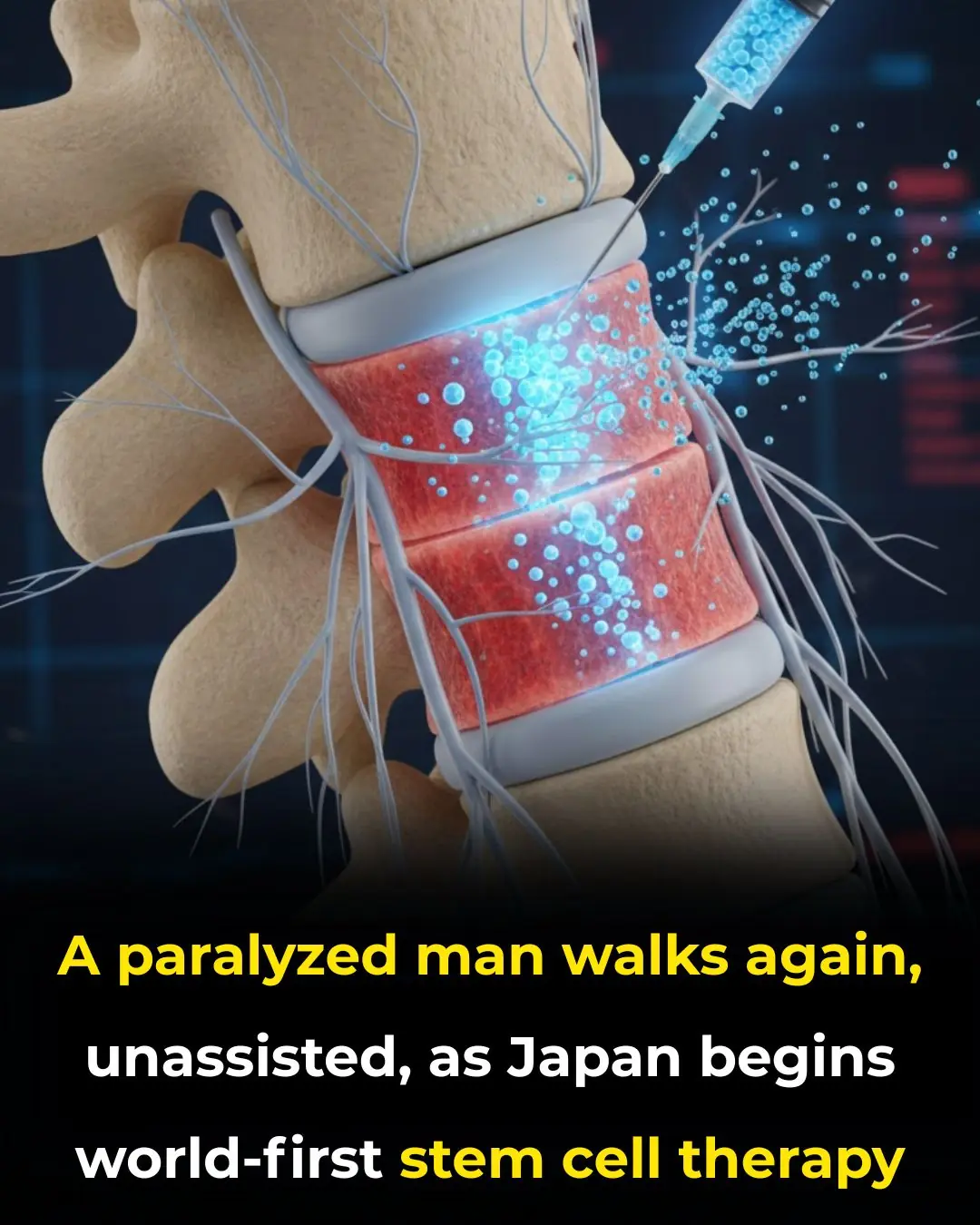
A Medical Miracle From Japan: How Stem Cells Helped a Paralyzed Man Walk Again

The Fungus That Eats Radiation — And May Help Humans Survive in Space

Doctors in the U.S. reveal how to eliminate pesticides and dirt from your fruits — just a few simple steps can protect your whole family

You’re thawing your meat the wrong way. These 4 common methods are actually breeding grounds for bacteria — and can make your whole family sick

You’re drinking the wrong thing. Here’s the “golden drink” that protects your heart — especially if you sit all day

Can a Tea Bag Really Keep Mice and Spiders Away

Why are some window bars curved at the bottom
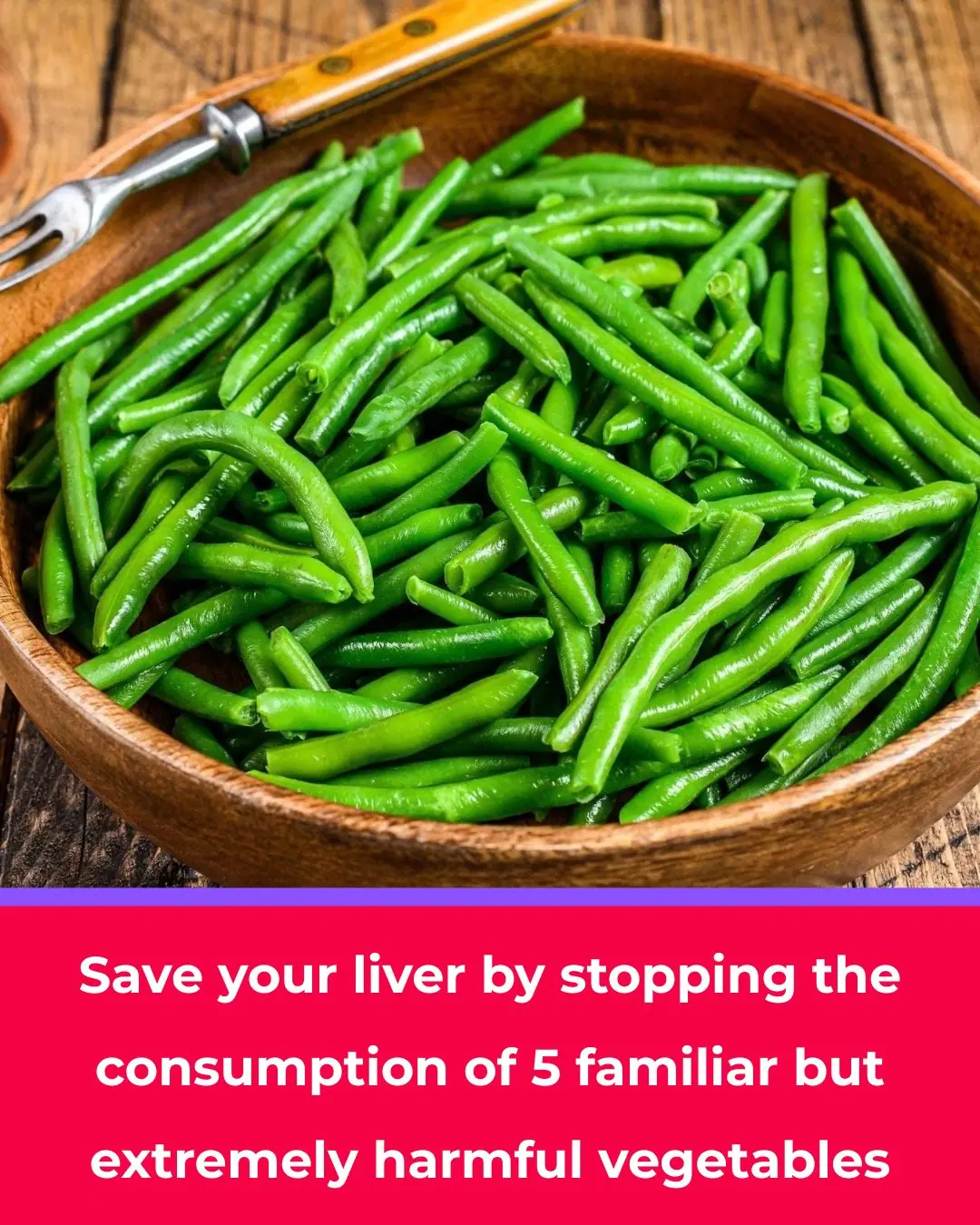
It’s time to SAVE YOUR LIVER by cutting out these 5 everyday vegetables that can silently cause serious harm

Most folks mess this up. The right way to grow clematis on a trellis

I had no idea this tiny fabric square had such an important purpose

You’re Handling Motion Sickness All Wrong. Here Are 8 Instant Ways to Beat It Without Medicine
News Post

High-Dose Nifedipine Linked to Increased Risk of Sudden Cardiac Arrest, New Study Suggests

How the U.S. Escaped Hurricane Landfalls in 2025

Ancient Shark Fossils Unearthed in Mammoth Cave Rewrite 325 Million Years of Evolutionary History

Powerful Health Benefits of Pineapple You Should Know
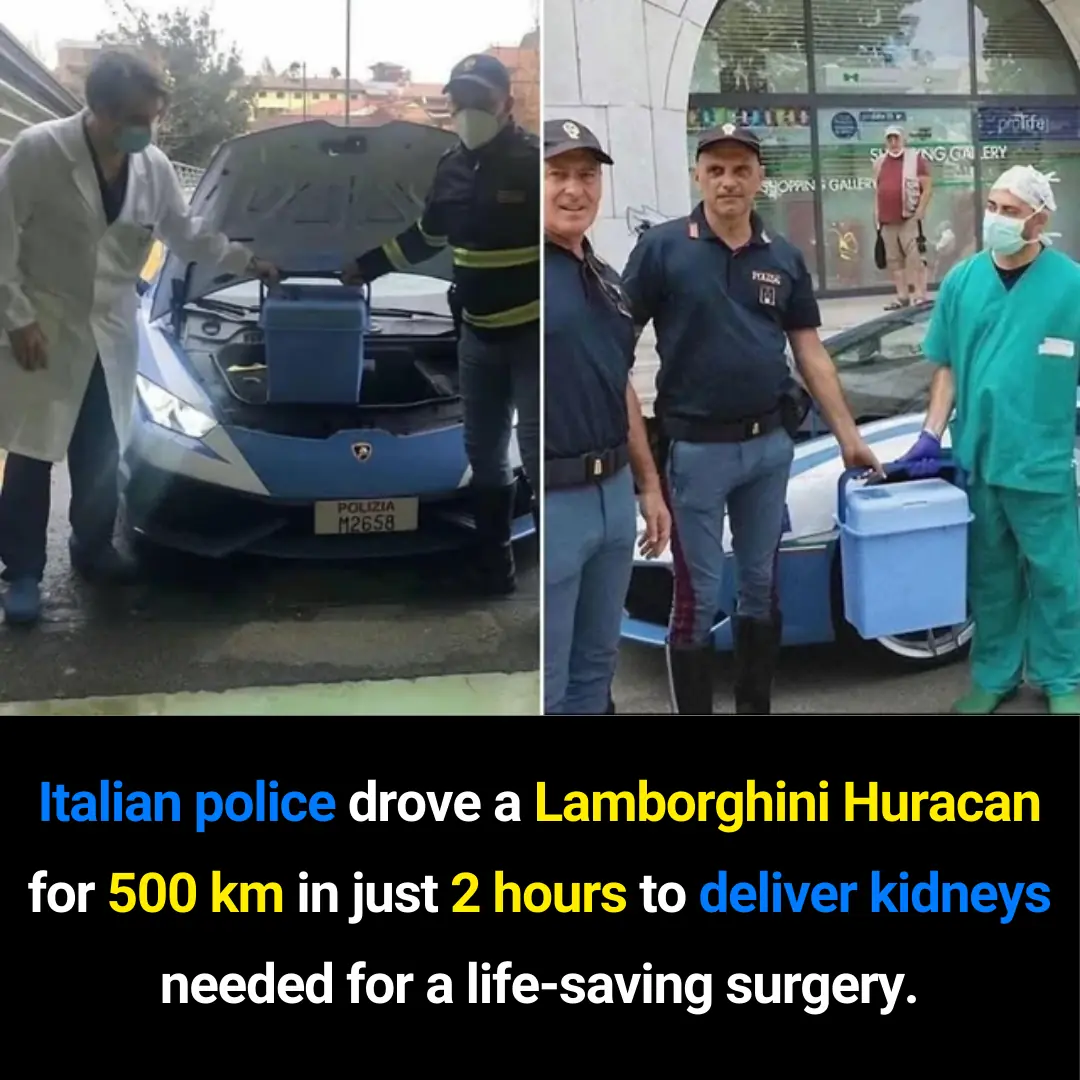
How an Italian Police Lamborghini Huracán Helped Save Lives by Delivering Kidneys Across Italy
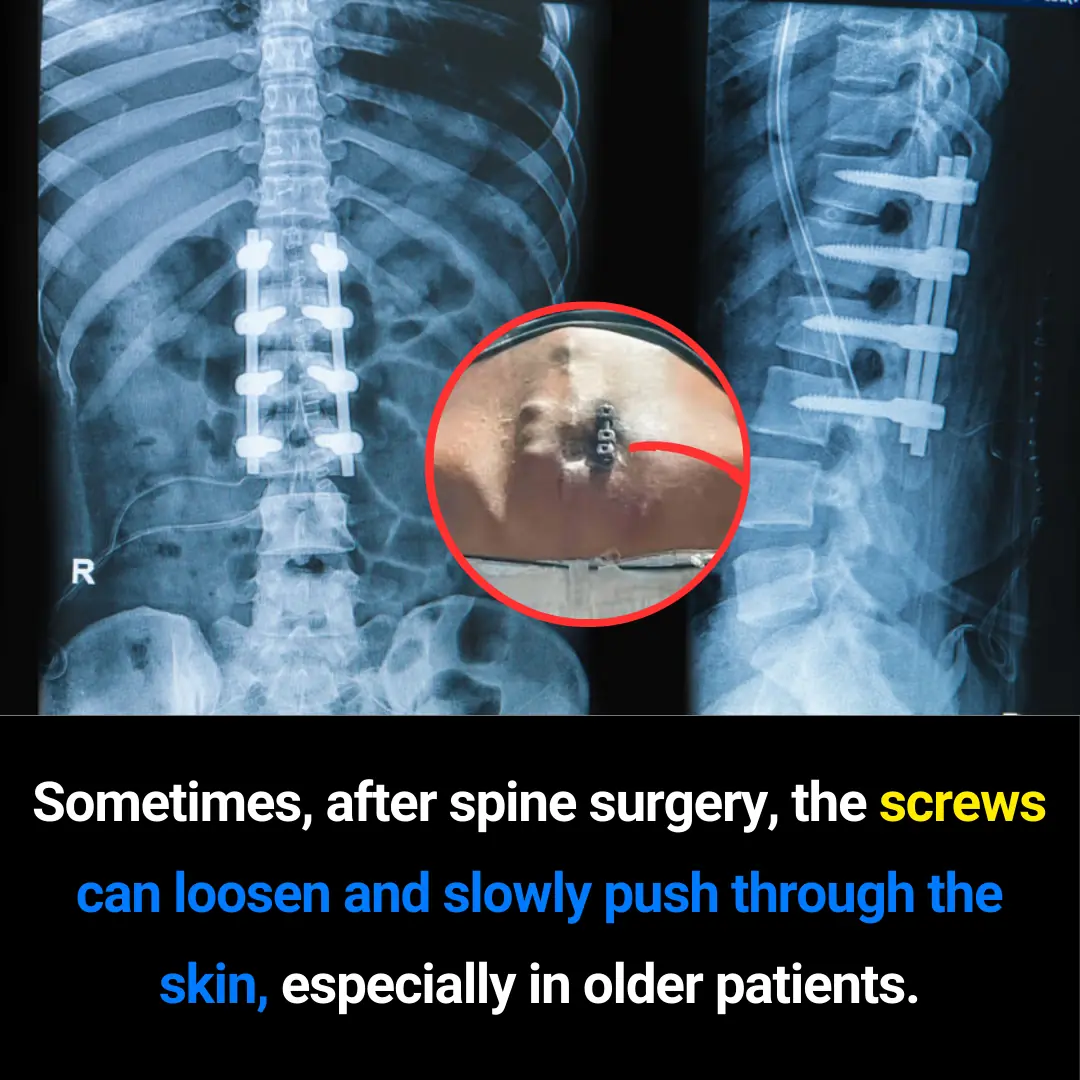
Can Spinal Screws Push Through the Skin? Understanding a Rare but Serious Post-Surgery Complication

Why the Tongue Is One of the Most Important Organs in the Human Body

What You Do First in This Scenario

The Surprising Health Benefits of Sleeping in a Cold Room

A 4-Minute, Zero-Effort Hack to Clean Grill Gunk – The Simple Trick My Nana Taught Me
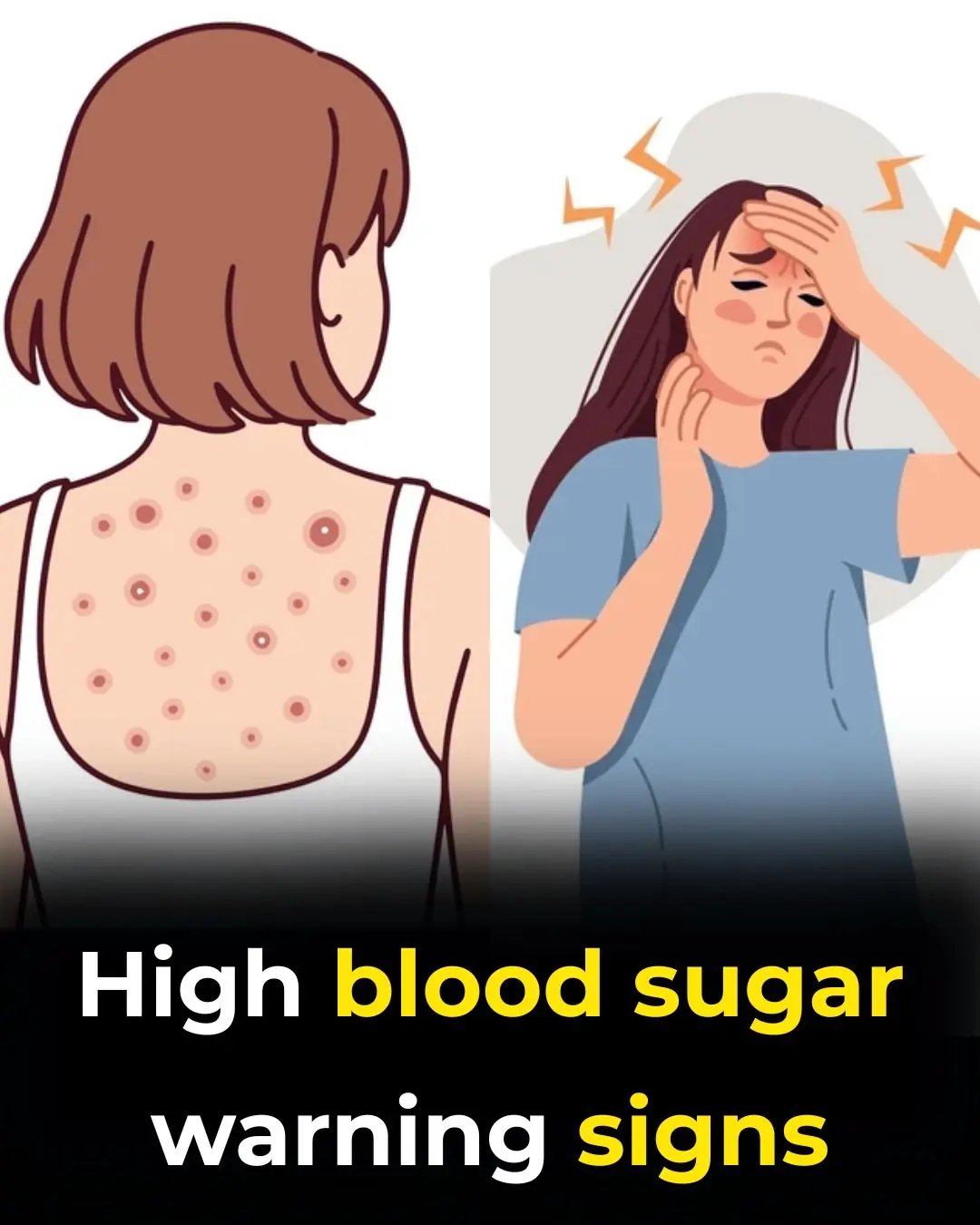
High Blood Sugar Warning Signs

🥚 A Look at How Certain Boiled Egg Habits May Affect Your Heart Health
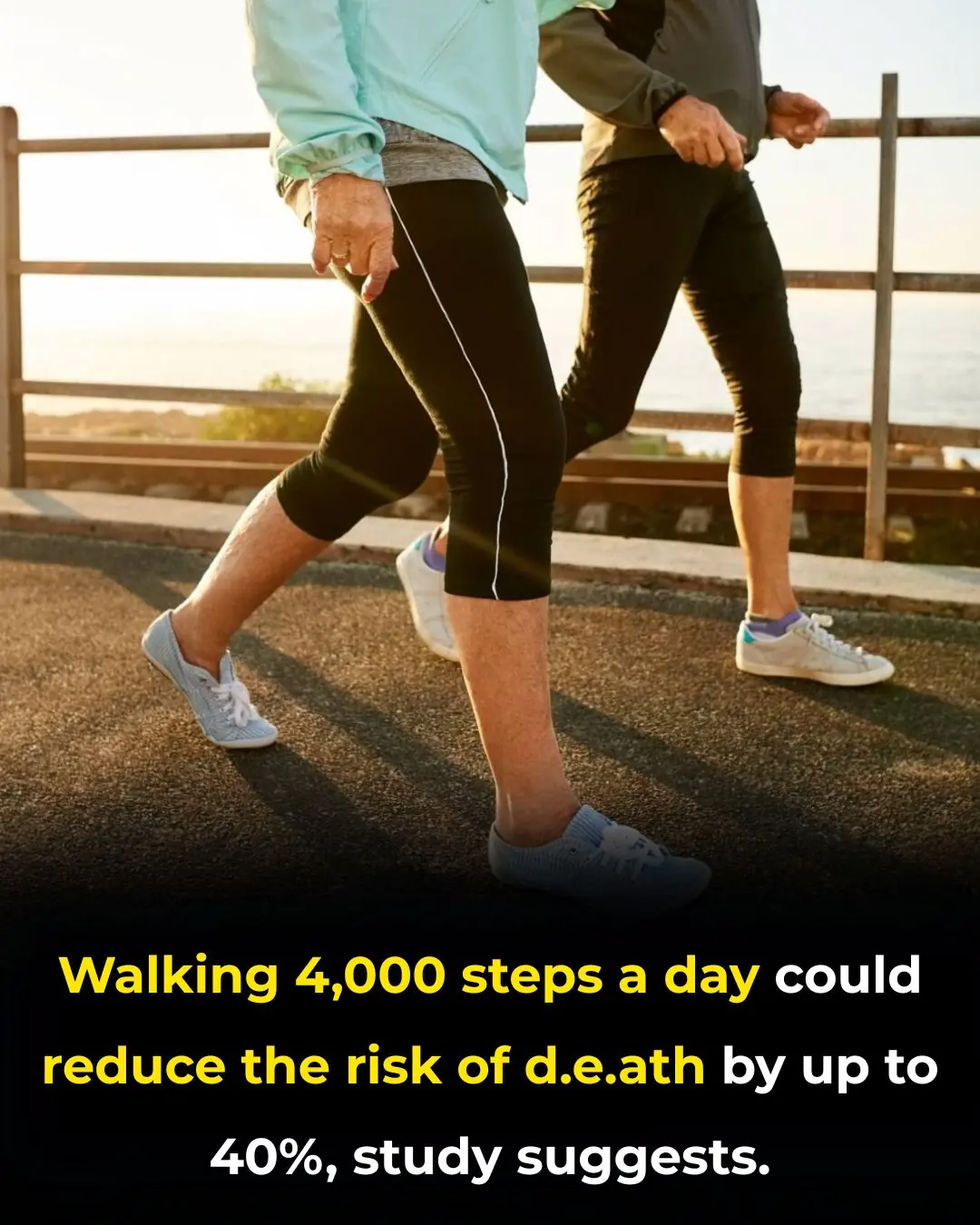
Small Steps, Big Impact: How 4,000 Steps a Day Can Transform Your Health

🌿 Clove Water Sitz Baths for Women: A Gentle Guide to Hygiene and Comfort

What Happens to Your Body When You Eat Canned Tuna Every Day
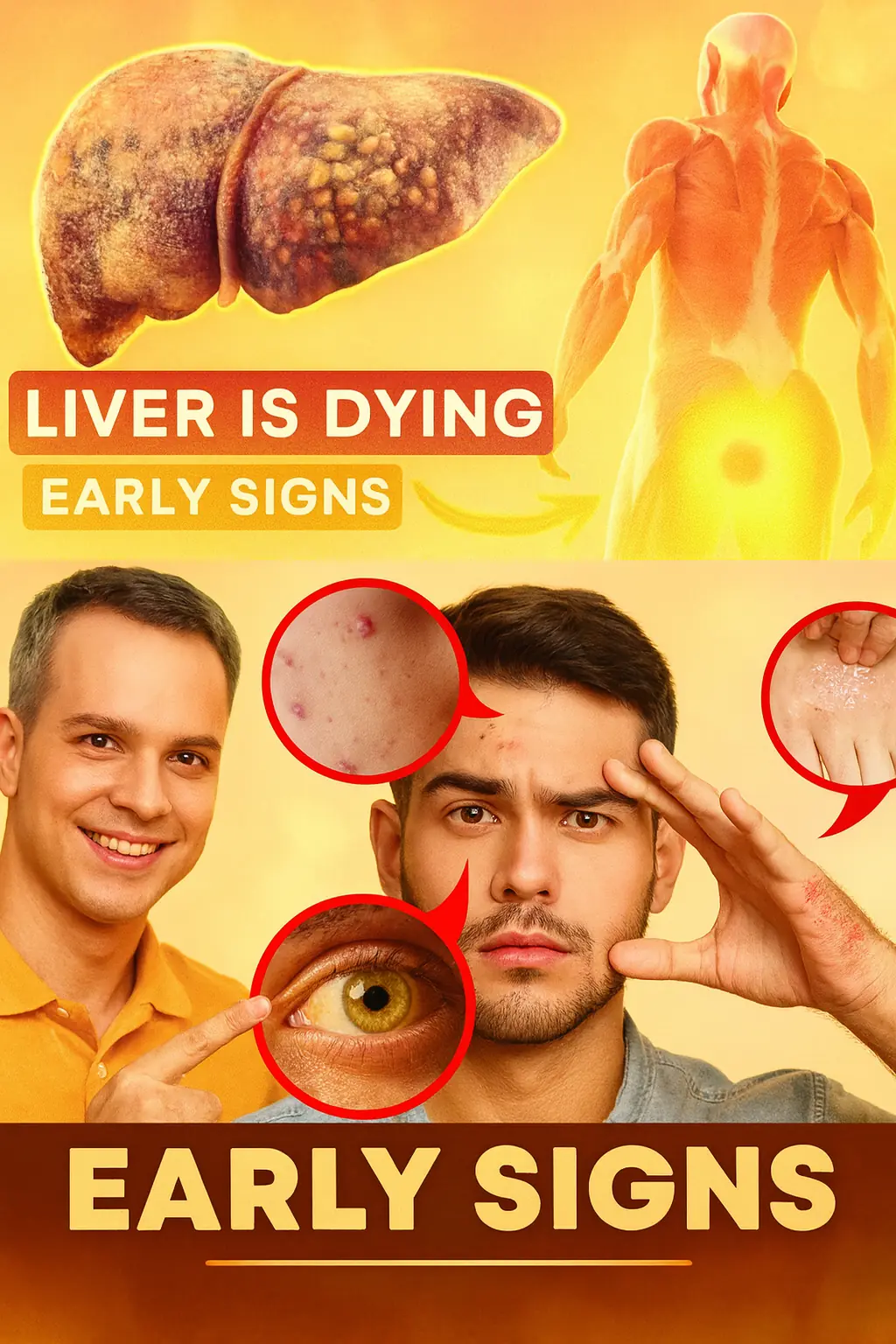
17 Warning Signs Your Liver Is Crying for Help

How to Support Your Kidneys Naturally Using 1 Teaspoon of Baking Soda

Fish oil cuts CV risk nearly in half for dialysis patients

The hidden heart danger doctors say is more common in people with diabetes
